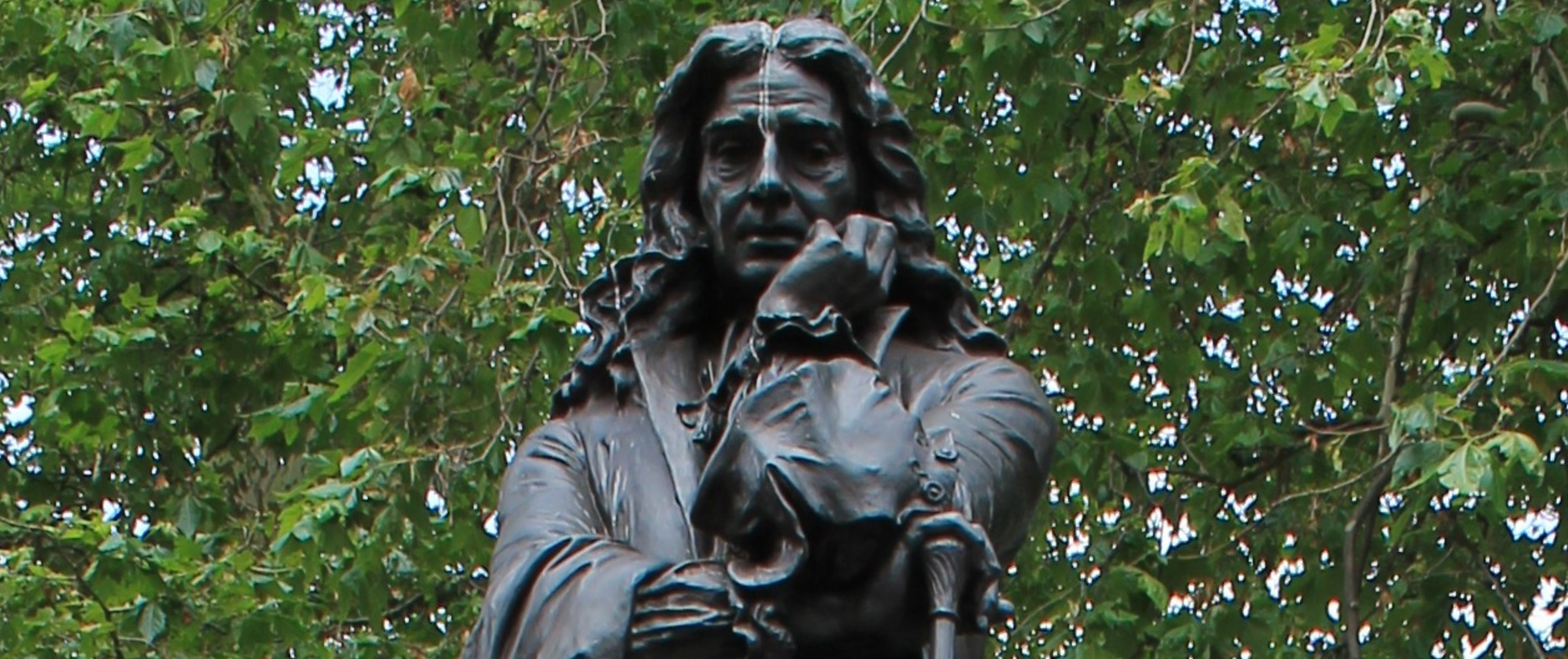
 In recent months, proposed reforms to Relationships and Sex Education in England have been a source of intense controversy. In particular, there has been strong opposition to the inclusion of LGBT+ identities within any new curriculum. Ben Kasstan and Peter Dunne consider how this complex debate may develop under Johnson’s government.
In recent months, proposed reforms to Relationships and Sex Education in England have been a source of intense controversy. In particular, there has been strong opposition to the inclusion of LGBT+ identities within any new curriculum. Ben Kasstan and Peter Dunne consider how this complex debate may develop under Johnson’s government.
The debate over LGBT+ affirmative relationships and sex education (RSE) raises three central concerns. First, there is an anxiety over the concept of ‘British values’: who gets to define such principles and who has responsibility for teaching them? Second, there is a perception of ‘rights in opposition’ – the belief that, in formulating a modern RSE curriculum in England, policy-makers must inevitably choose between religious freedom and LGBT+ equality. Third, there is a desire (and a need) to create affirmative, enabling environments in which LGBT+ children can develop and thrive. This is what we mean when we talk about a child’s ‘right to be queer’.
Inclusive RSE is essential for supporting LGBT+ young people. It allows (even in a small but significant way) queer youth – who may be starting to cautiously explore their sexual orientation and/or gender identity – to undertake that journey in a context of reassurance, rather than marginalisation and invisibility.
The debates so far?
From the moment of their announcement, potential reforms to the RSE curriculum have encouraged vociferous opposition among certain branches of England’s faith communities. In 2018, Rabbi Shraga Feivel Zimmerman, a senior figure in Britain’s Haredi Jewish community, warned that ‘state interference in religious education is “possibly the most serious” issue facing Jews in the UK since the expulsion ordered by Edward I over 700 years ago.’ A non-denominational primary school in Birmingham, Parkfield Primary School, was recently forced to suspend its inclusive education programme, ‘No Outsiders’, after protests from Muslim parents that school authorities were engaging in LGBT+ ‘indoctrination’. A number of Christian politicians, such as Fiona Bruce MP, who have previously opposed abortion and LGBT+ rights, have criticised compulsory sex education, arguing that ‘parents are the primary educators of children about sex.’
Of course, negative attitudes towards LGBT+ identities are not specific to faith minorities. Despite major legislative victories, such as marriage equality and trans-inclusive equality protections, anti-LGBT+ sentiments remain highly prevalent. In July 2018, the Government Equalities Office undertook the National LGBT Survey, which surveyed the life experiences of nearly 110,000 LGBT+ individuals across the United Kingdom. The results were shocking, with 40% of people being verbally or physically assaulting in the previous year, and the vast majority of respondents admitting that they would be afraid to hold hands with a same-sex partner in public. Reducing these experiences, and enhancing the life quality of LGBT+ populations, requires a substantial and sustainable cultural shift – something which cannot be achieved without affirming, inclusive education for young people.
Having ‘faith’ in RSE?
Teaching LGBT+ inclusion as part of RSE does not promote same-sex relationships. It does not encourage children to experience a lesbian, gay or bisexual identity, and it is not state-sponsorship of any so-called ‘gay agenda’. Rather, proposed reforms to the RSE curriculum are a basic commitment to the safety and well-being of LGBT+ young people. Queer children (of all faiths and none) are entitled to protection in their school environment and society at large. They have the right to know that they are not alone, that they are not invisible and that their sexual orientation and/or gender identity is worthy of respect.
Teaching LGBT+ inclusion does not discriminate against students from faith backgrounds; on the contrary, it equips those young people, like their peers, with the skills and tools to navigate conflicting sources of information and knowledge. As Article 13 of the UN Convention on the Rights of the Child (to which the UK is a party) reminds us, the right of young people to express their opinion is contingent upon ‘freedom to seek, receive and impart information and ideas of all kinds, regardless of frontiers.’ The onus is on parents, who withdraw their children from LGBT-inclusive lessons, to explain when those young people will otherwise have access to such information and, most importantly, how the parents will support their potentially queer children to explore their LGBT+ identities. In the absence of clarity as to how parents will supplement missed LGBT+ affirmative lessons in school, the most appropriate solution is for children to receive such information as part of a classroom-based curriculum.
Attitudes are also shifting in faith communities, weakening the argument that LGBT+ inclusion compromises religious freedom. In September 2019, the UK’s Chief Rabbi (head of Ashkenazi Orthodox congregations) took the ground-breaking step of launching guidance for promoting the wellbeing of LGBT+ children in Orthodox Jewish schools. By working with Keshet UK (the Jewish LGBT+ charity), the Chief Rabbi showed how the rights of queer Jewish students can be protected and fulfilled within a faith-based framework — offering a model for religious schools across England. Indeed, a Progressive synagogue in Brighton now offers Jewish trans youth the option of a B’Mitzvah – an alternative to a Bar and Bat Mitzvah. This is what we talk about when we talk about the rights of LGBT+ children, and is just an example of how religious and state institutions can create consistent, affirmative support for queer young people.
How will debates develop under Johnson’s government?
Upon his appointment, Boris Johnson was immediately urged to provide clearer guidance and reassurance to schools across England who are seeking to support their LGBT+ students in the face of parental and community opposition. However, considering who Boris Johnson has selected as his ministerial colleagues, proponents of LGBT-inclusive education have reason to be concerned. Both Andrea Leadsom and Esther McVey have publicly indicated their belief that parents (not schools or the State) should determine whether children learn about LGBT+ identities in school. Many prominent members of the Johnson administration, including Priti Patel, Nicky Morgan, Kwasi Kwarteng, Geoffrey Cox and Gavin Williamson, consistently voted against marriage equality.
With no majority in Parliament, and its reliance upon the Democratic Unionist Party support consequently increasing, all signs are that this administration will have little appetite for progressive LGBT+ reforms. Yet, retaining and implementing queer-inclusive RSE is vital for young people in England. LGBT+ students have the right to access education in a safe and welcoming environment. This begins with what they, and their peers, learn in the classroom.
_____________
Note: This piece was originally published on the LSE Religion and Global Society. Photo by salvatore ventura on Unsplash






